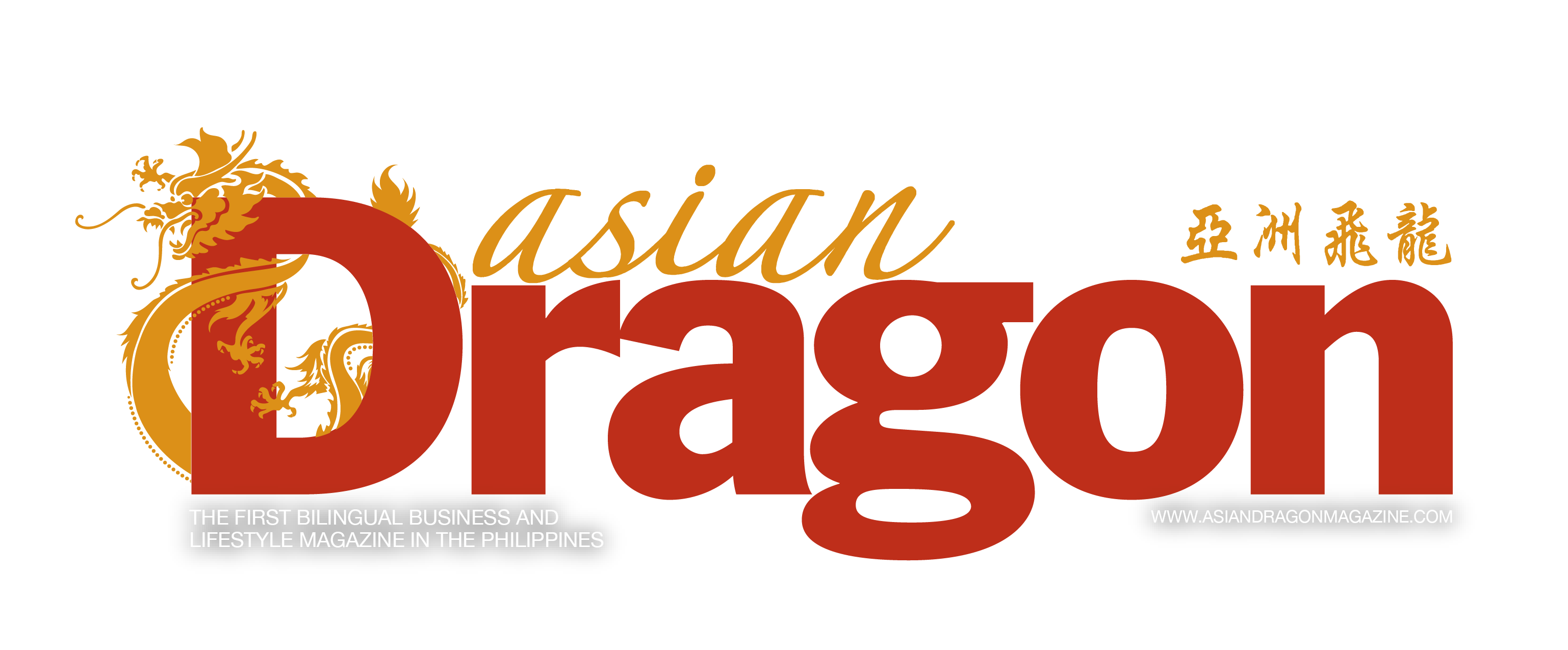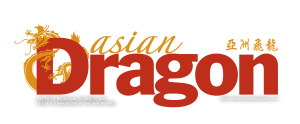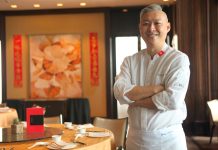How do you feel about winning, and topping the Senate race?
Obviously, I feel happy I won. I really didn’t think I was going to make it, initially, and even towards the middle, until the surveys came out. Even then, I thought it would be good if I made it into the eighth, ninth, tenth slot, that would be good. When you think about all of the other candidates running, most of them had that political connection already. They were established, or incumbent, or had better resources. For me, it was an uphill climb.
How does your platform relate to your father’s advocacies?
If he were alive today, and if he witnessed the programs of the President, he would agree also with the Conditional Cash Transfer. Not because he would like us to have a dependent citizenry, but because, well, let’s say you have five children, and three of your children are doing well, but two of them need a little bit more of a push. They need more capital, they need more support, at least when they first start out. The state is like the parent. So you give that push. But obviously, for it to be effective, once they graduate from the Conditional Cash Transfer program, you have to make sure that you’re preparing them for independence, at least in terms of livelihood projects. So my dad would “give a leg up” to those at the bottom rungs of the economic ladder.
I don’t think we can say, “OK everybody, just do your own thing, and the state will do its own thing.” The state is there to support its citizens.
He would also agree with the ladder system of the K to 12 program. The goal of every Filipino parent is to have their child finish college. Unfortunately, a college degree, especially from a college that is deficient, does not necessarily prepare a child for the workplace. So, at least in this program, if they already have the skills for a certain vocation, they have an option to work right away.
I like the K to 12. I think the mother tongue approach is good, the focus on early childhood is there. My real dream is to have a Free Lunch program in public elementary schools.
There may be a lot of criticisms about President Marcos, but during his time, they had the Nutribun. I’m sure eight out of 10 of those students in public schools at that time would remember it. I’ve talked to some of them, successful broadcasters like Ted Failon, Arnold Clavio, they remember it. This was done in cooperation with USAID initially, but the government eventually took over, and they were able to implement this nationwide.
Why can’t we have something similar to that now? RDA-infused products that won’t spoil easily, or local products, like in Davao, suha, or Pangasinan, mangoes. We could do this in partnership with the local farmers and their cooperatives.
Have you wrapped your mind around the idea that this could be your career, like for the rest of your life? Government, politics?
I think so. My experience with is has been quite encouraging. It’s results-driven. For example, when I was in the MTRCB, it’s an executive position, but you could institute change, if you were really determined and focused. It’s different in the government, because you can help more people at once. Of course, you can do it also in the private sector, but it’s just a little bit easier.
I remember also what a priest told us in a mass a few days ago. He said, when you’re helping people, it’s not just about generosity. It’s about justice. If you really believe that you are a steward of creation, and that we are all equal in the eyes of God, and everything belongs to everyone, it’s giving them their share. It’s the inequalities, the opportunities that are not available equally—that’s what we’re hoping to address. I believe that education is one of the major enablers. I believe that government has the power to make it happen.
—
Read more about Grace Poe’s political thoughts and plans in the cover story of Asian Dragon Magazine’s July-August 2013 issue.
[Photographs: Milo Sogueco; Styling: Rex Atienza and Anna Yu at Stylelist, Inc.; Hair and Makeup: Mark Qua for Nars; Shot on location at Edsa Shangri-La]






































